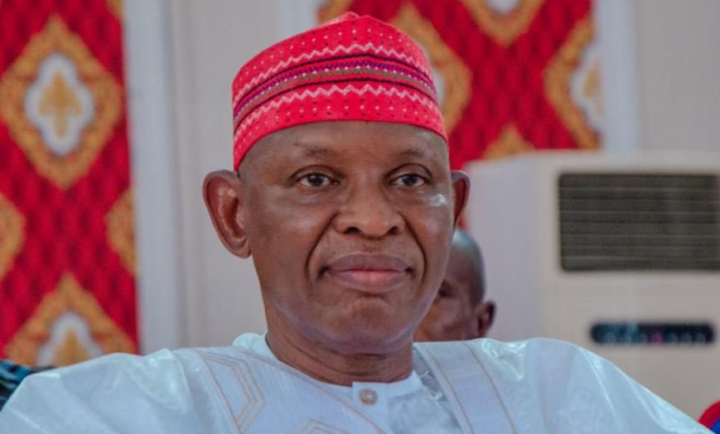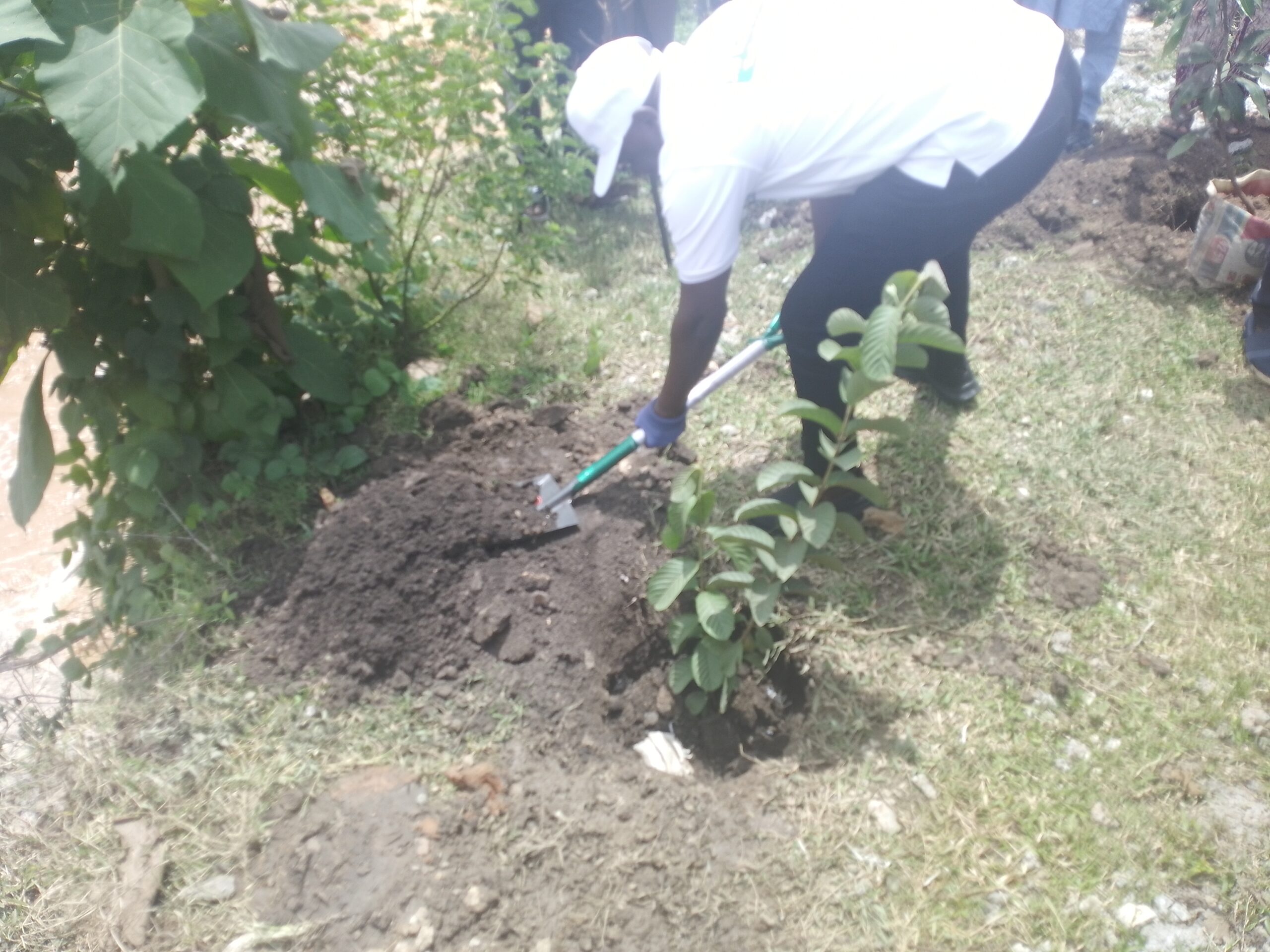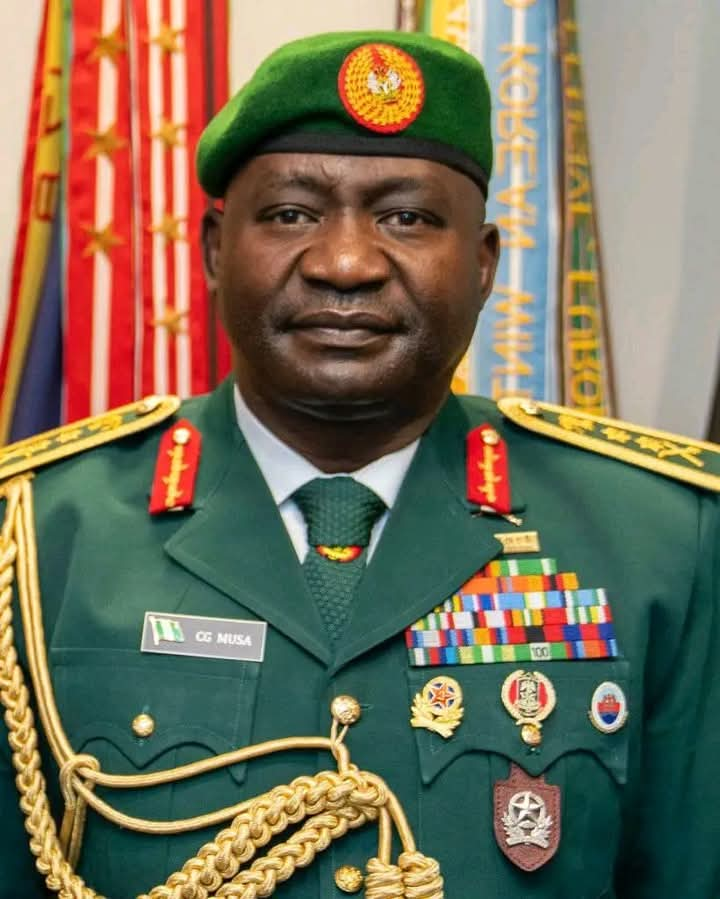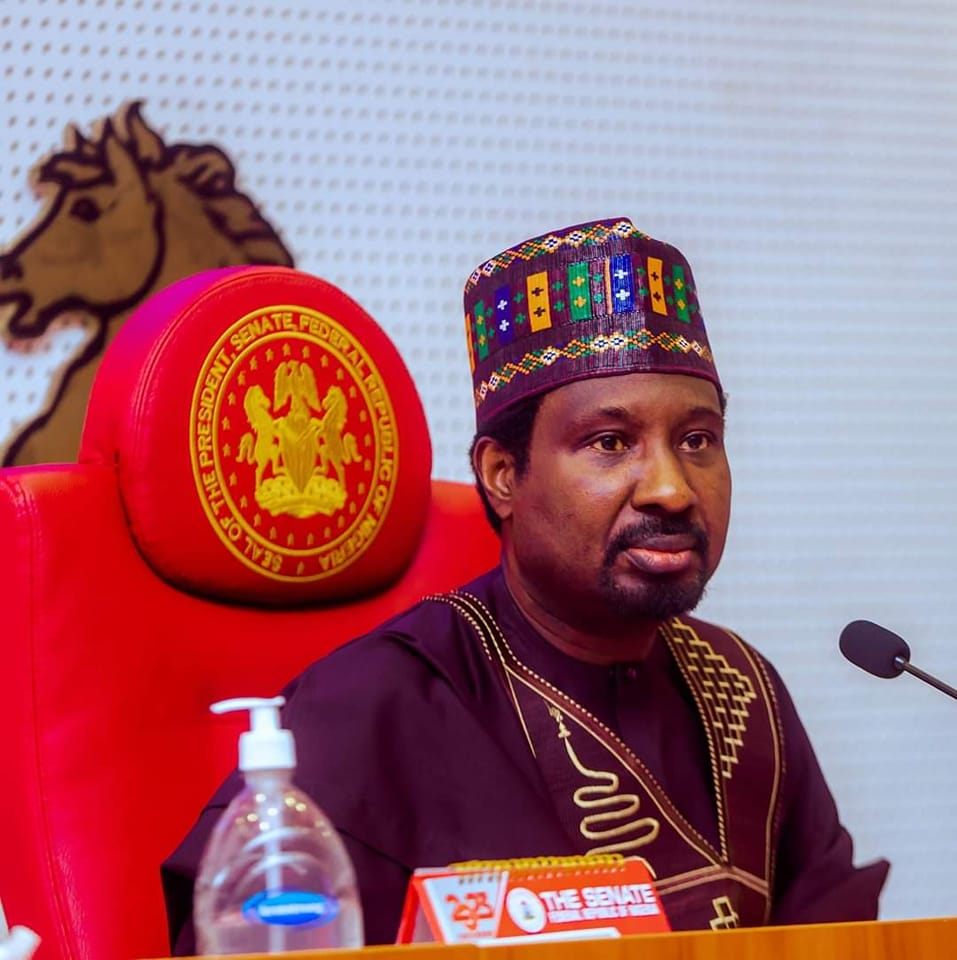FG Reaffirms Commitment to Strengthening Specialist Medical Training as NPMCN Holds 43rd Convocation Ceremony
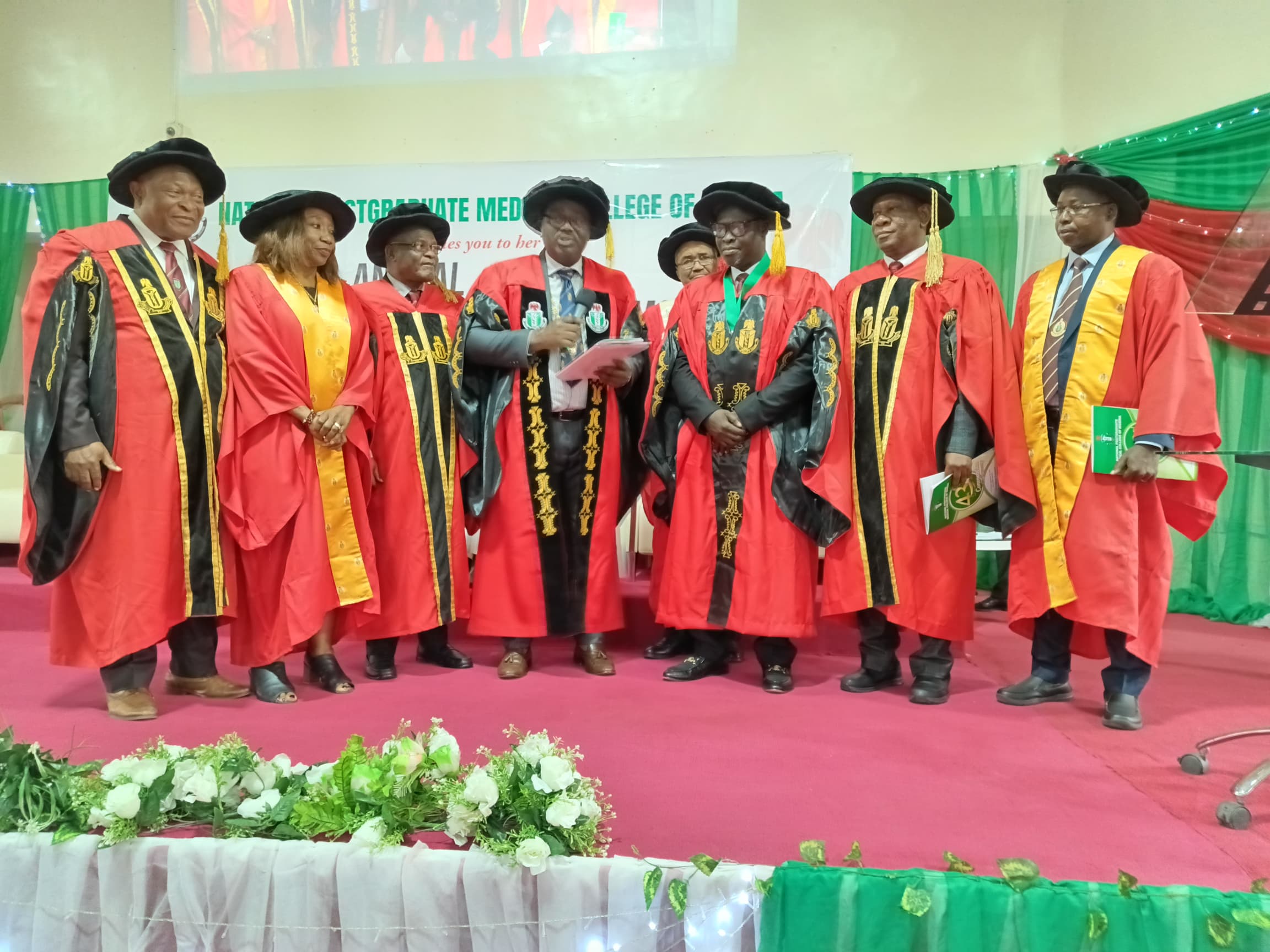
The Federal Government has restated its commitment to strengthening postgraduate medical education in Nigeria as the National Postgraduate Medical College of Nigeria (NPMCN) held its 43rd Convocation Ceremony on Thursday in Lagos.
Speaking on behalf of the Coordinating Minister of Health and Social Welfare, Dr. Jimoh Saludeen congratulated the 480 professionals to be conferred with various awards, describing them as the “backbone of Nigeria’s healthcare system.”
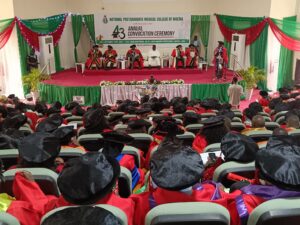
“Your resilience, hard work, and dedication are not only personal achievements but vital contributions to the future of our healthcare system,” Dr. Saludeen said.
“The Ministry remains committed to supporting the College with special funding to train specialists, reduce brain drain, and expand its facilities nationwide.”
Dr. Saludeen outlined specific interventions by the Federal Government, including increased budgetary allocation for residency training, access to TETFund, dedicated support for health research, and completion of key projects such as the Senate Building and Clinical Skills Centre in Lagos.
He also confirmed the acquisition of an Abuja office to give the College a stronger national presence.
The Minister further emphasized that postgraduate training directly aligns with President Bola Tinubu’s Four-Point Health Agenda, particularly the priority placed on strengthening human resources for health.
President of the College, Dr. Peter N. Ebeigbe, speaking earlier at a press briefing, reaffirmed NPMCN’s mission to advance excellence in medical education, training, and research.
“This convocation is a moment of pride, reflection, and renewed commitment,” Dr. Ebeigbe said.
“Our Fellows, MDs, Diplomates, and awardees represent the promise of better healthcare for our people.
“The College has expanded training centres, digitized examinations, and forged new international collaborations to ensure that Nigerian doctors remain globally competitive.”
Dr. Ebeigbe highlighted the College’s milestones over the past year, including record numbers of graduating specialists, computer-based examinations, and new collaborations with medical institutions in the UK, USA, and West African sub-region.
However, he warned about persistent challenges undermining medical education.
“The ‘Japa syndrome’ continues to drain the country of its best medical minds,” he noted.
” “We must address inadequate funding, poor remuneration, and insecurity disrupting residency training if we want to retain our doctors and trainers.”
The College will confer awards on 405 new Fellows, 34 Doctor of Medicine (MD) recipients, 37 Diplomates in Family Medicine, four Distinguished Fellows, and four Postgraduate Diploma awardees in Anaesthesia and Public Health.
Distinguished Fellowship recipients include Dr. Sebastian Nwosu, Dr. Dilli Dogo, Dr. Chukwuemeka Ezeanolue, and Dr. Fatiu Arogundade.
READ ALSO: Court Restrains NUPENG From Shutting Down Dangote Refinery
Both the Federal Government and NPMCN leadership urged stakeholders—including government agencies, the private sector, development partners, and the media—to support postgraduate medical training as a cornerstone for strengthening Nigeria’s health system.
“Our healthcare future depends on our specialists,” Dr. Saludeen affirmed.
“We call on our graduands to be ambassadors of the College, serving humanity with expertise and compassion.”

